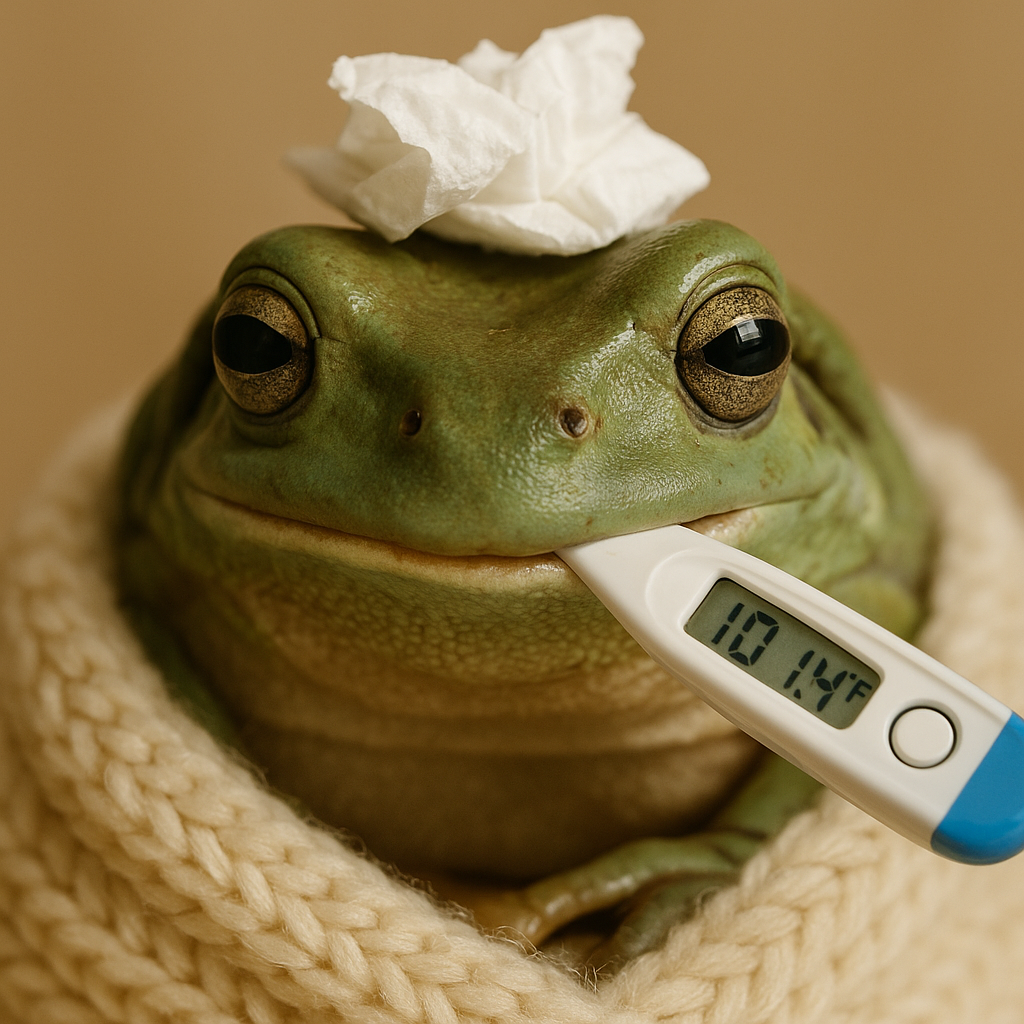While most medications require a veterinary prescription, there are a few safe and commonly used treatments that reptile owners can administer at home:
-
Electrolyte solutions (like Reptile Electrolyte Soaks): Useful for dehydration and mild stress recovery.
-
Calcium and vitamin D3 supplements: Essential for bone health, especially in species prone to metabolic bone disease like bearded dragons and geckos.
-
Probiotics: Can help after a course of antibiotics or to support gut health during mild stress.
-
Antiparasitic treatments (mild dewormers): Some broad-spectrum products (like those containing fenbendazole) may be used with guidance from experienced keepers or after a faecal test from a vet.
-
Antiseptics (e.g., Betadine): For cleaning minor wounds and scale damage.
Important: Even with over-the-counter options, dosing matters. Always research species-specific needs or consult a herp vet before starting any treatment.
Getting Your Reptile to Swallow Medication
Here’s the fun part (and by "fun," we mean mildly stressful for everyone involved). Reptiles aren’t going to cooperate the way a dog with a spoonful of peanut butter might. Here are a few proven tricks:
1. Use a Feeding Syringe
Most liquid medications and supplements can be drawn into a small syringe and dripped into the mouth:
-
Gently restrain your reptile in a towel "burrito" to limit movement.
-
Use a credit card or your fingers to gently open the mouth (from the side of the jaw).
-
Slowly squirt the medication toward the back of the tongue—not directly down the throat.
2. Hide It in Food
This only works if your reptile is still eating:
-
Inject the medication into a feeder insect like a large cricket, superworm, or pinkie mouse.
-
Alternatively, apply liquid medicine to a favourite fruit or veggie piece for omnivorous reptiles.
3. Mix With Flavours They Like
Some reptiles respond to strong-smelling purees (like banana or mango). Mix a small amount of liquid medicine with a drop of these flavours and offer it by syringe or on a feeding stick.
When to See a Vet
While minor supplements and hydration can be handled at home, always involve a vet if your reptile is:
-
Losing weight or not eating for more than a week (less if it’s a juvenile).
-
Showing signs of respiratory infection (bubbling at the nose, wheezing).
-
Has abnormal stools, lethargy, or visible swelling.
A vet can prescribe antibiotics, pain relief, parasite treatments, or injectable medications—none of which should ever be given without proper diagnosis.
Final Thoughts
Caring for reptiles means being part zookeeper, part detective. While there are safe medications and treatments you can use at home, always be careful with dosages, and don’t hesitate to consult a vet when in doubt. Your scaly friend is worth it!

